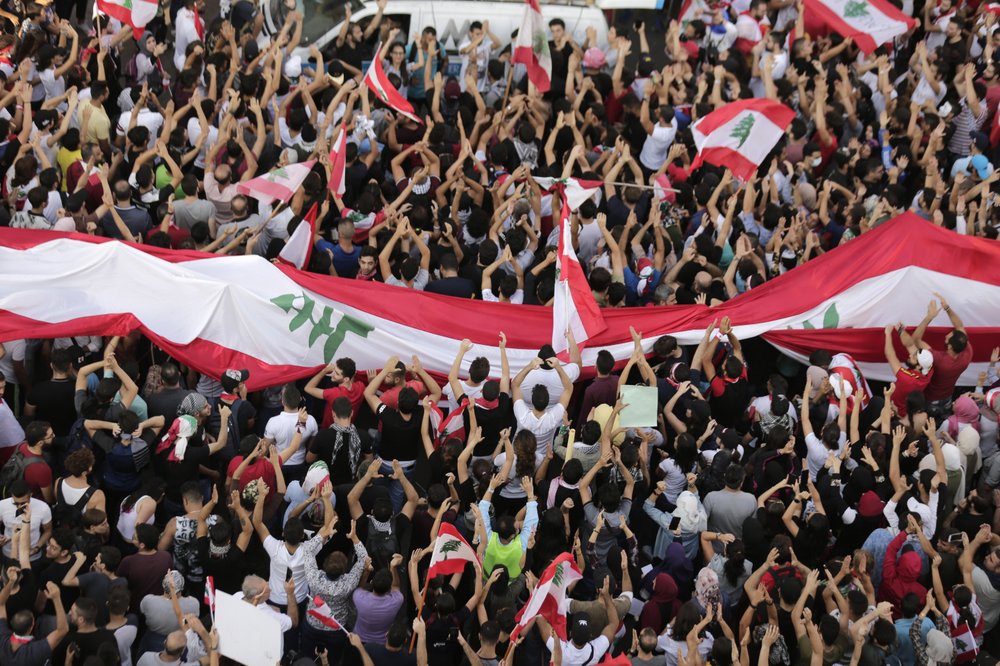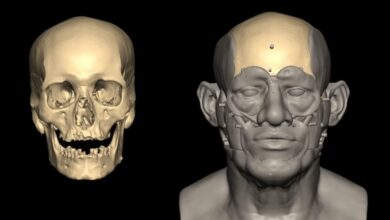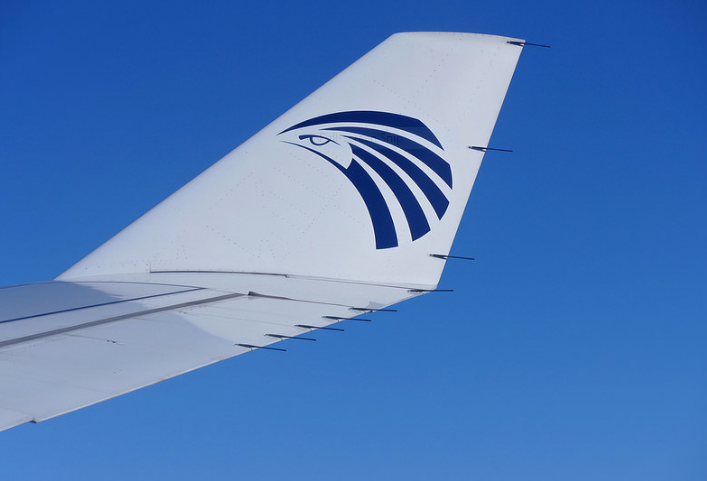
In our youth, we envied Lebanon for its democracy, its picturesque nature and the coexistence of its various sects with each other.
The Lebanese civil war broke out in 1975. Syria stepped in to occupy, allegedly to defend it. The Palestinians swarmed it with the pretext of resistance. Lebanon emerged with deep wounds that are yet to heal, even after the Taif Agreement.
Despite efforts by the late Rafik al-Hariri in the reconstruction and development of Lebanon, political decisions remained in Syria’s hands. The repeated Israeli invasion of its territory since 1978, southern Lebanon’s occupation, the Sabra and Shatila massacre, and Operation Grapes of Wrath did not weaken the will and patriotism of the Lebanese.
However, lurking predators of this beautiful country chose to activate the 1943 constitution, and thus the Lebanese became slaves to sectarianism and political affiliation. The rulers were separated from the people. Financial and political corruption spread. Against the Maronite thieves there are their Shia, Sunni and Orthodox counterparts, including the Alawites, Protestants, and Syriacs.
This corruption infiltrated the citizen. He sees violence in every spot, whether the Parliament, government or its Prime Minister, and even with their excellencies. A Lebanese is used to living under all circumstances, which is why he has accepted these increased restrictions on speech and the growing immunity of those in big positions who turned the concept of virtue into vice.
Revealing their mistake has become a crime, exposing sins became a disaster, and condemning those who disregard people’s destinies became a betrayal to national unity.
The rulers became reassured that the people had forgotten their rights and duties.
Forgetfulness became inevitable. The pressing need for jobs and bread has turned the citizen to a laborer, or rather a slave to those who would hired them even if the job was of a janitor or bailiff. The Lebanese who once prided themselves on their education, have now neglected their educational qualifications to seek jobs and food for their children from anywhere, though this also turned up to a bitter choice.
Gradually, the citizen became a slave to their leader, be they a sect leader, an MP, or a minister. The bigshot corrupt people succeeded in tying the Lebanese to the chain of employment, education and securing a future abroad.
A Lebanese’s hope for their child is to have them emigrate to a better life. Even now the rulers and the people have become living “temporarily” in their homeland; neither are they family nor is this their country.
The most radical protests from the Lebanese against their rulers were simple jokes in the cafes on immunity of these top people against criticism. But if the protesters came from a sect other than their own convicted of corruption, they criticize it in their homes and mock it among the members of their sect only.
But suddenly the dream came true and demonstrators from all sects united under one flag.
They stepped on the sects and revolted against the injustice and its people. The public dropped down all foreign influence and the Lebanese powers relying on it. The Lebanese were finally united in hunger, as they sought food and water from the leaders of each sect or party leader.
The people suddenly became aware of their rights and unity.
They remembered that they were once united, divided under the pretext of sectarian representation. Slogans calling for no solution but the departure of all rulers because the people are the decision-makers have dominated the scene.
The Lebanese exposed their prime minister, who spent millions of dollars on a bikini-model. They degraded him, for had it not been for French President Emmanuel Macron, he would still be imprisoned in Saudi Arabia.
The demonstrators stepped on pictures of all leaders and MPs in the largest uprising against corruption. The demonstrations served as public courts against those who stole railway tracks to recover land they had sold to the state to build compounds and private pools.
They stole the land of the people twice. They destroyed agriculture to encourage import because its profits are higher. They destroyed national industry and closed the factories to make the Lebanese boast international brands, when once they were proud of their own clothes.
Without any preparation, coordination or prior arrangement, the Lebanese realized that their homeland is being stolen through sectarian traps, and realized that they are one people in their demands and aspirations, whether personal or national.
Awaking from their long slumber and slavery, the Lebanese noticed that they had no public hospitals or public schools, and even the national university is closed. Perhaps the Lebanese uprising will not win, yet half a victory or even a quarter is enough.
But the real victory is that Nasrallah could not exercise his influence like in May 2007, when he occupied Lebanon.
The patriarch did not even appeal to Christians to defend the Church.
The March 14 bloc has withstood the anger. If the people are angry, they will not be silenced by any guns, influence or slogans.
The current rulers – wallowing in their luxurious palaces overlooking private ports with their golden yachts- do not know a solution to the crises plaguing their homeland. Even if they knew it, they ignore it for fear that this will affect their political, sectarian and religious influence.
The primary solution is that the rulers change their priorities, their tone of speech and give up their arrogance.
“Fear God for Lebanon,” the call of the late Anwar Sadat after the assignation of Kamal Jumblatt, remains valid even now.
They were betting that the revolution in Lebanon is impossible. But the homeland deserves to blow up this impossibility.
Otherwise it will be overthrown by those who rule it.
The revolution was impossible in this country of many sects; now it is a present fact at a level of a million-man protest. Without realizing the demands of the people, this revolution, this uprising, whatever its name will be, will continue.




